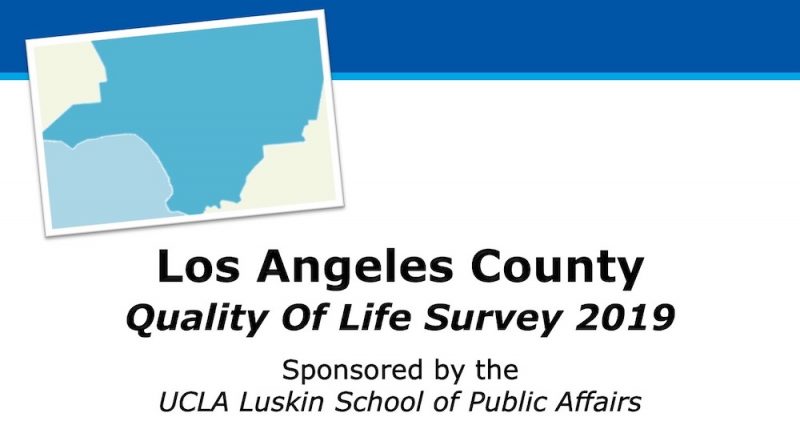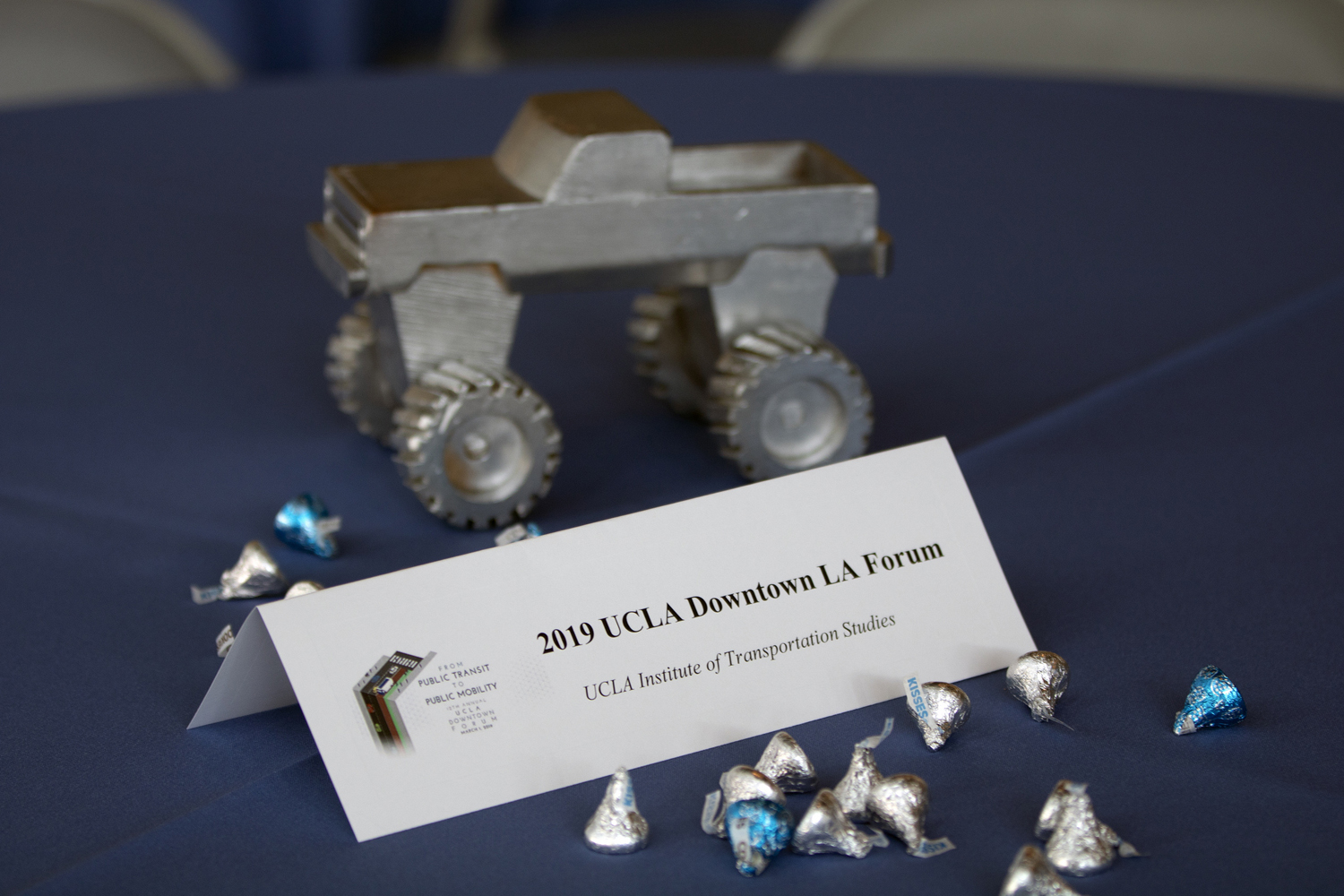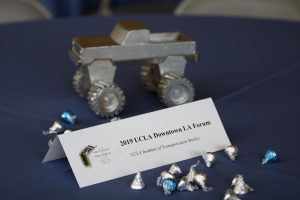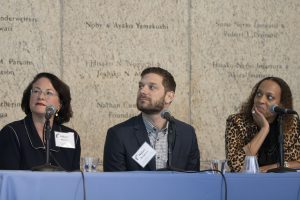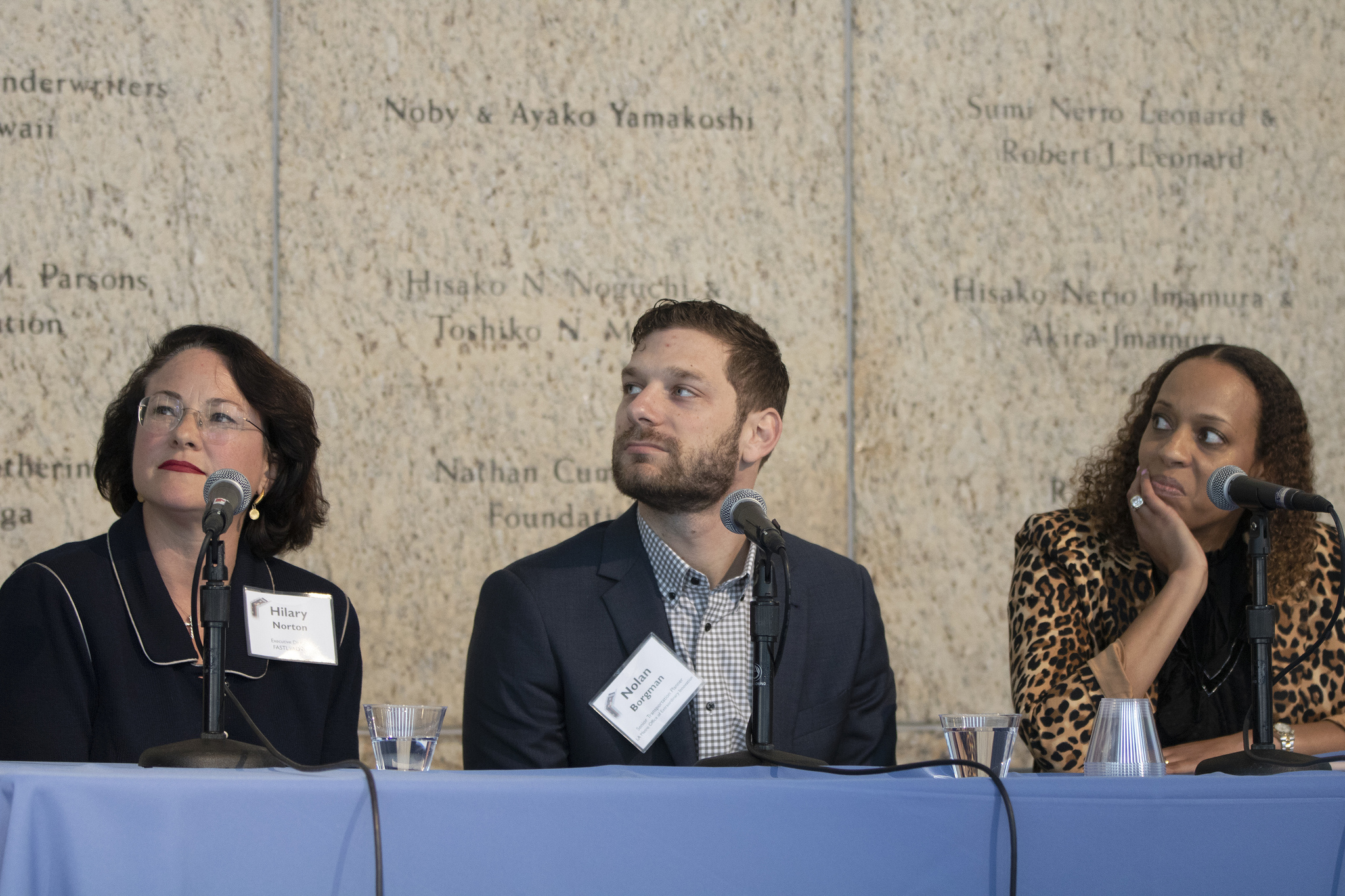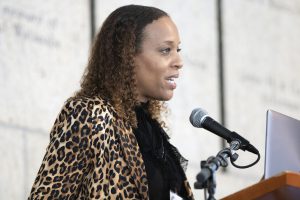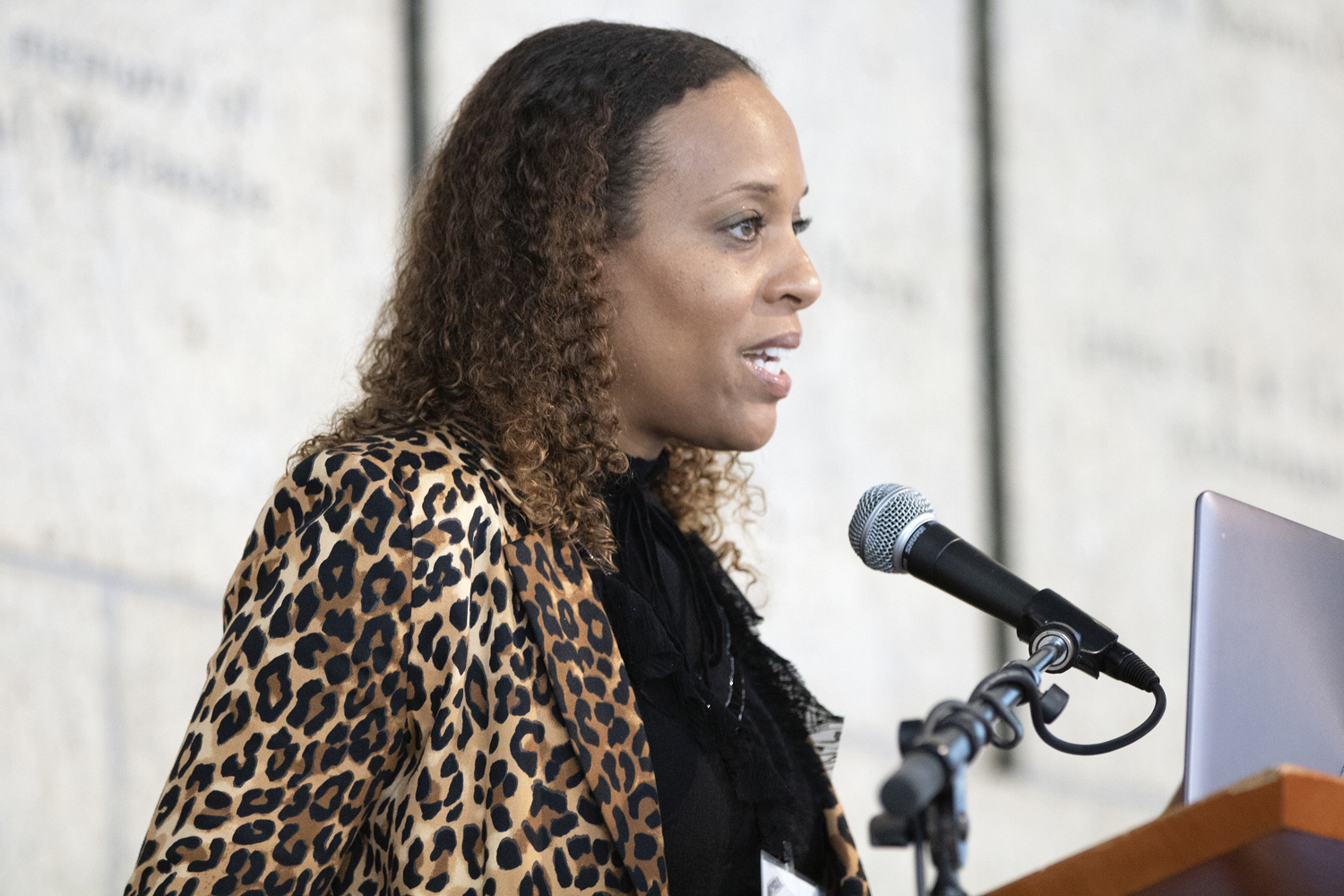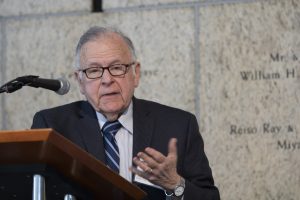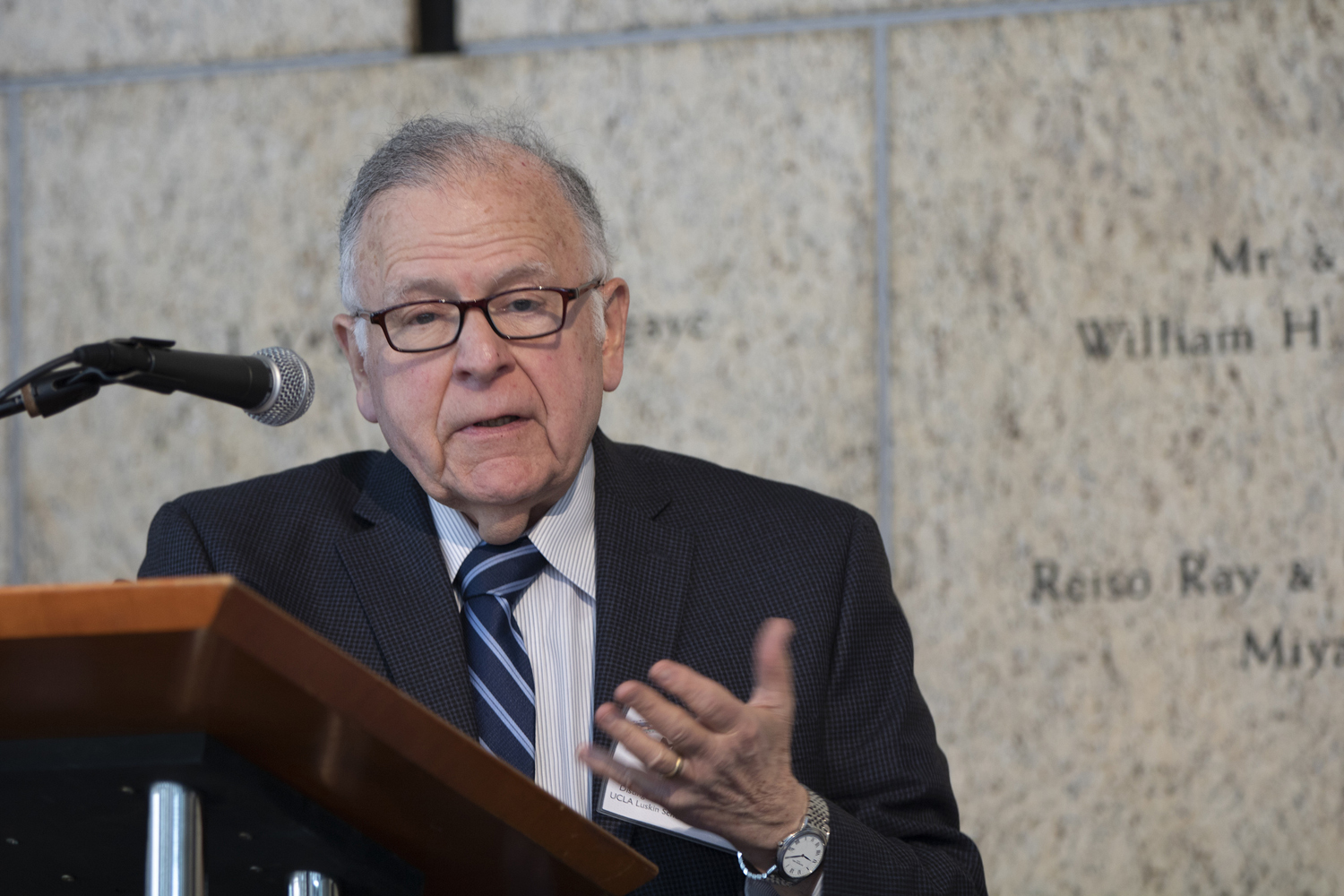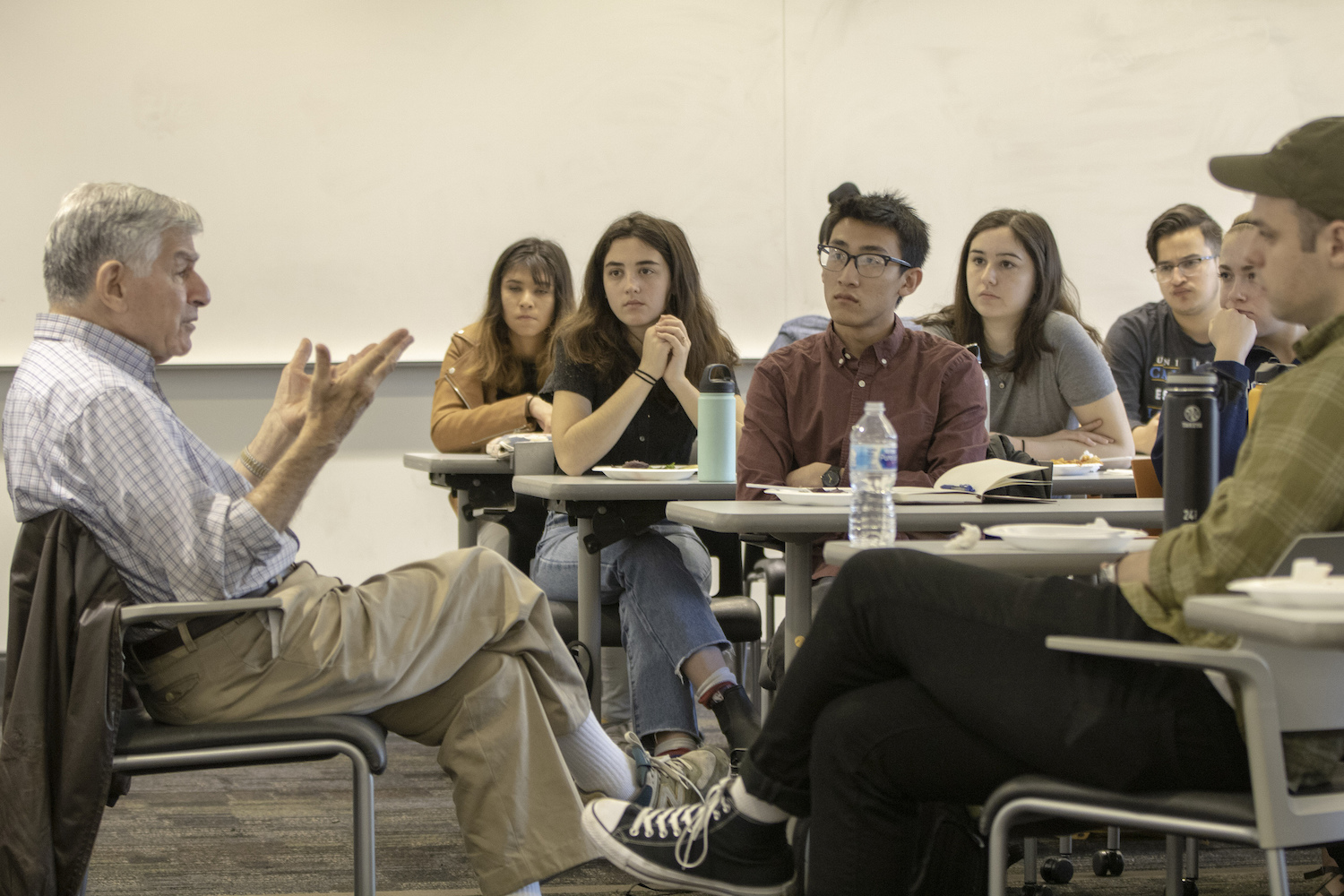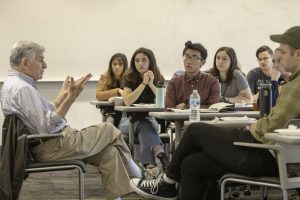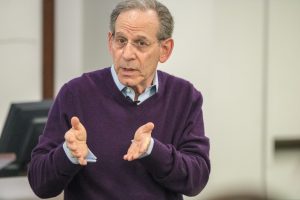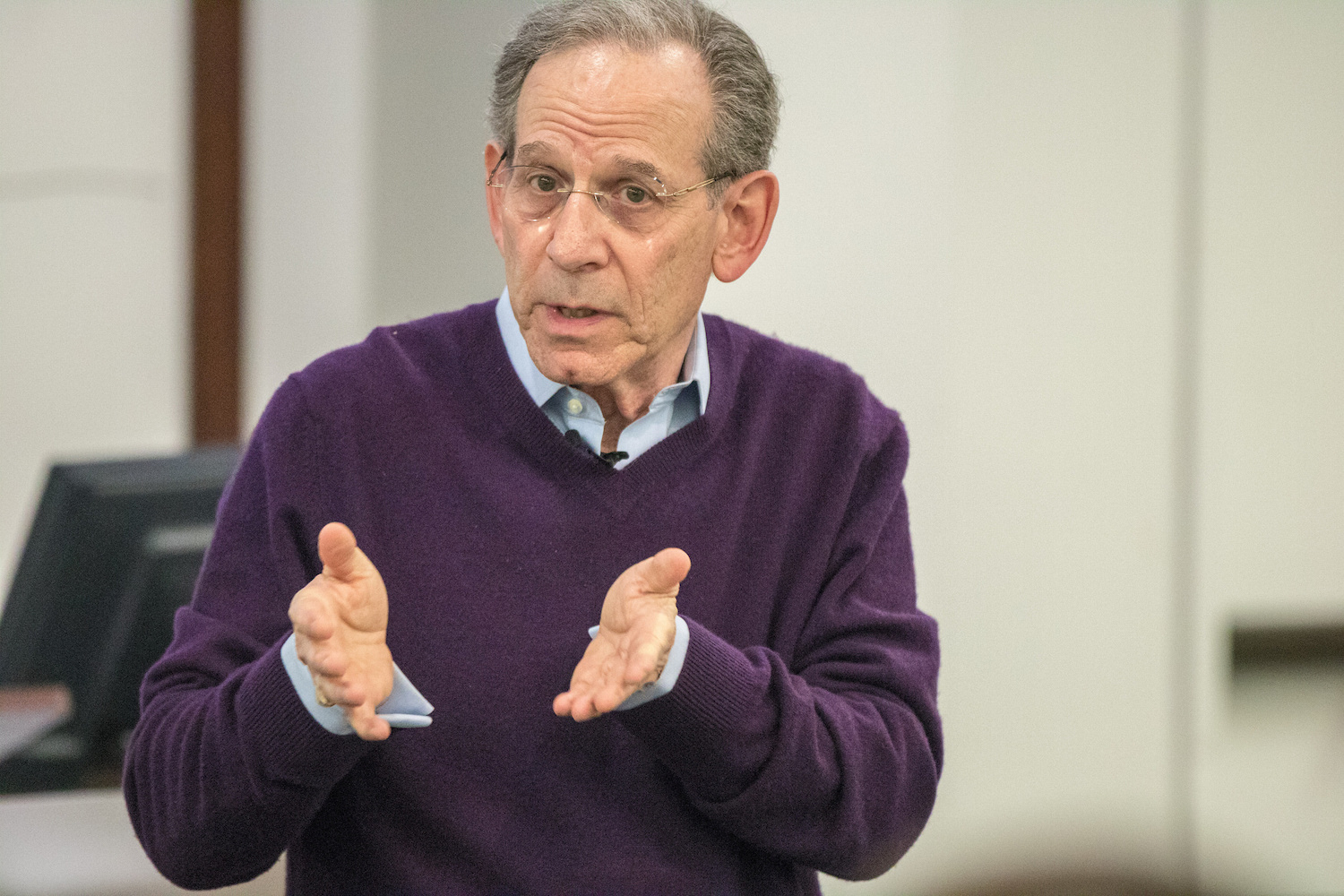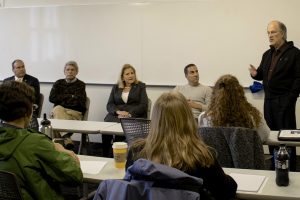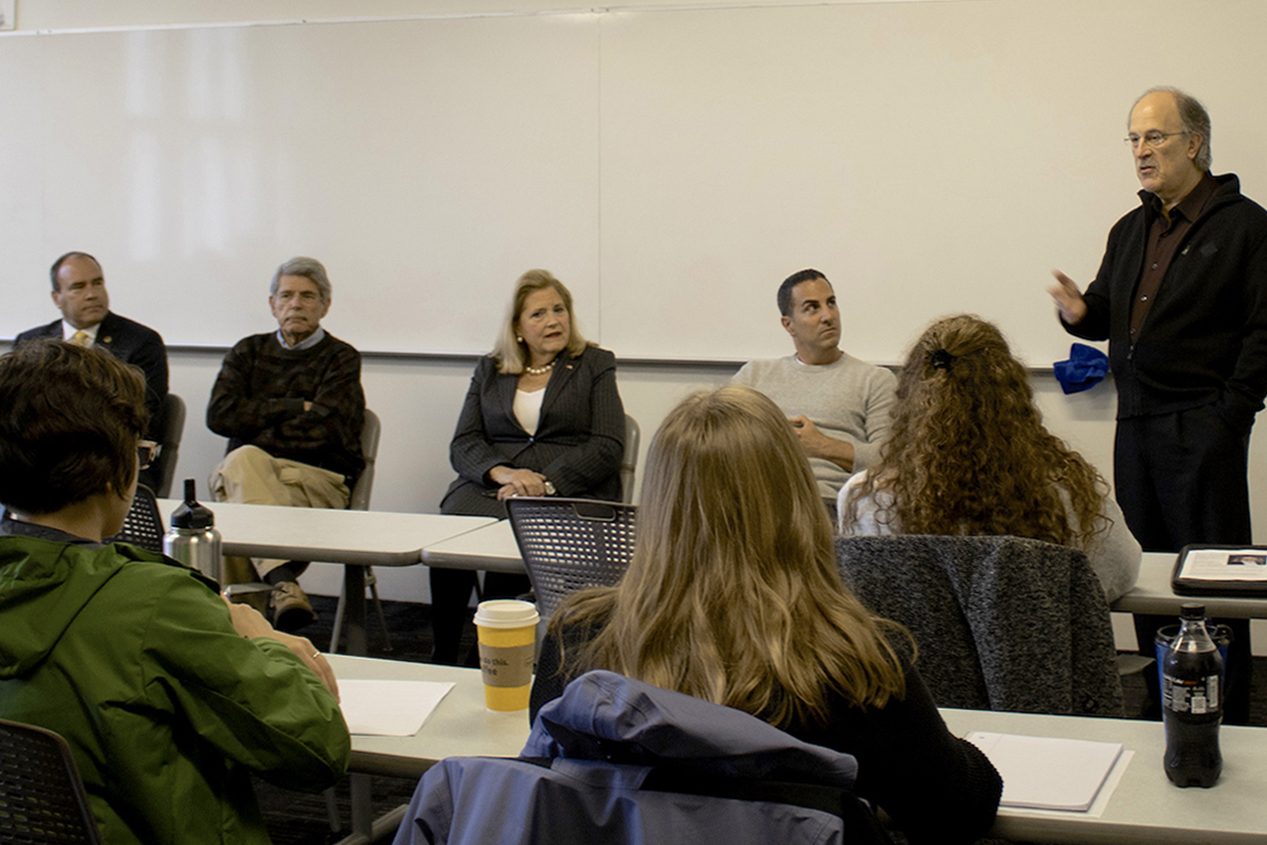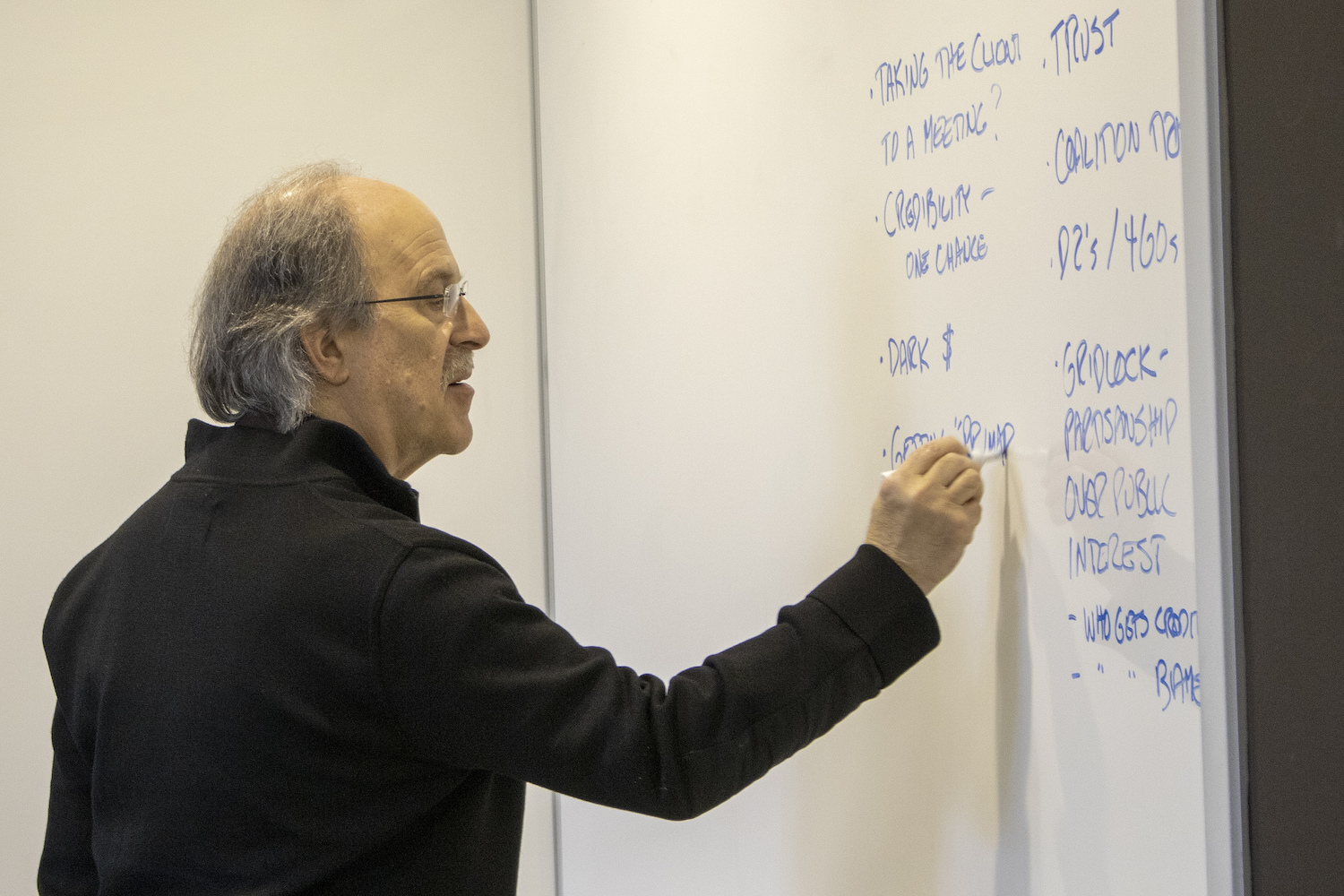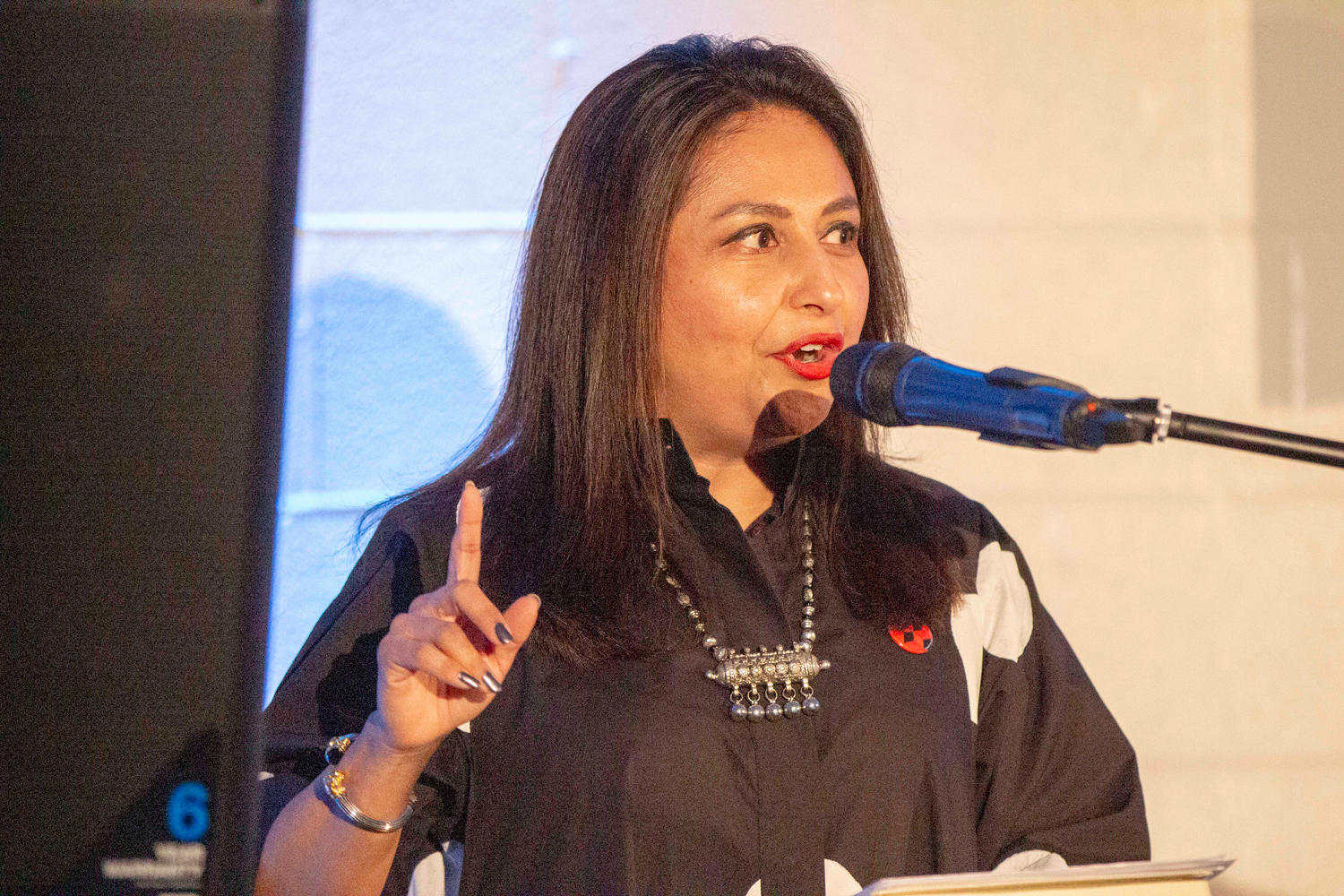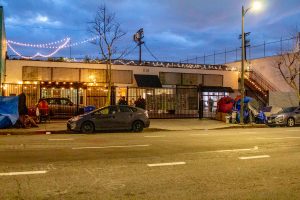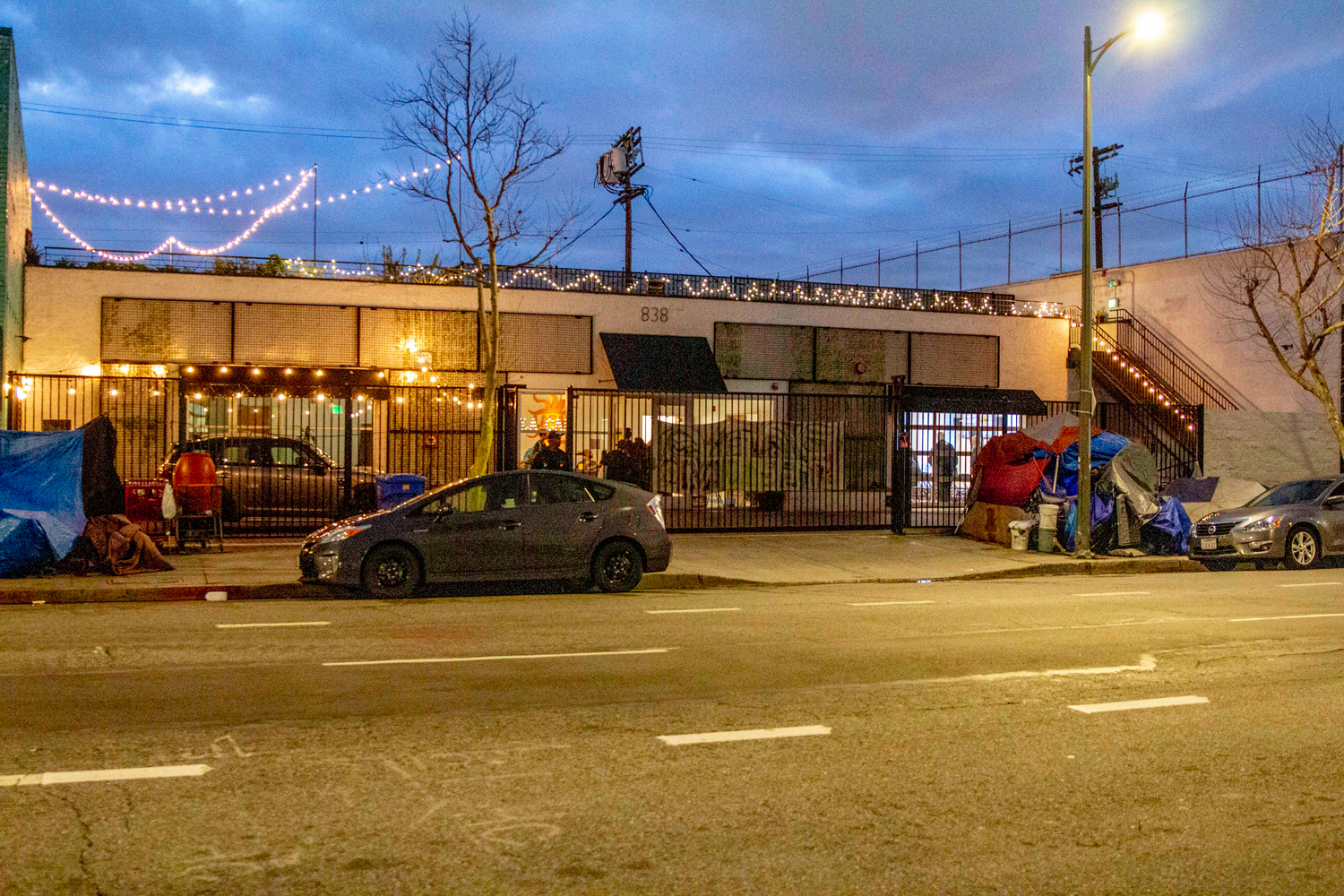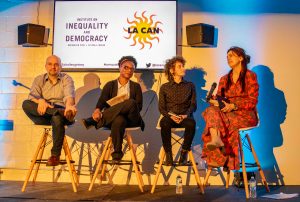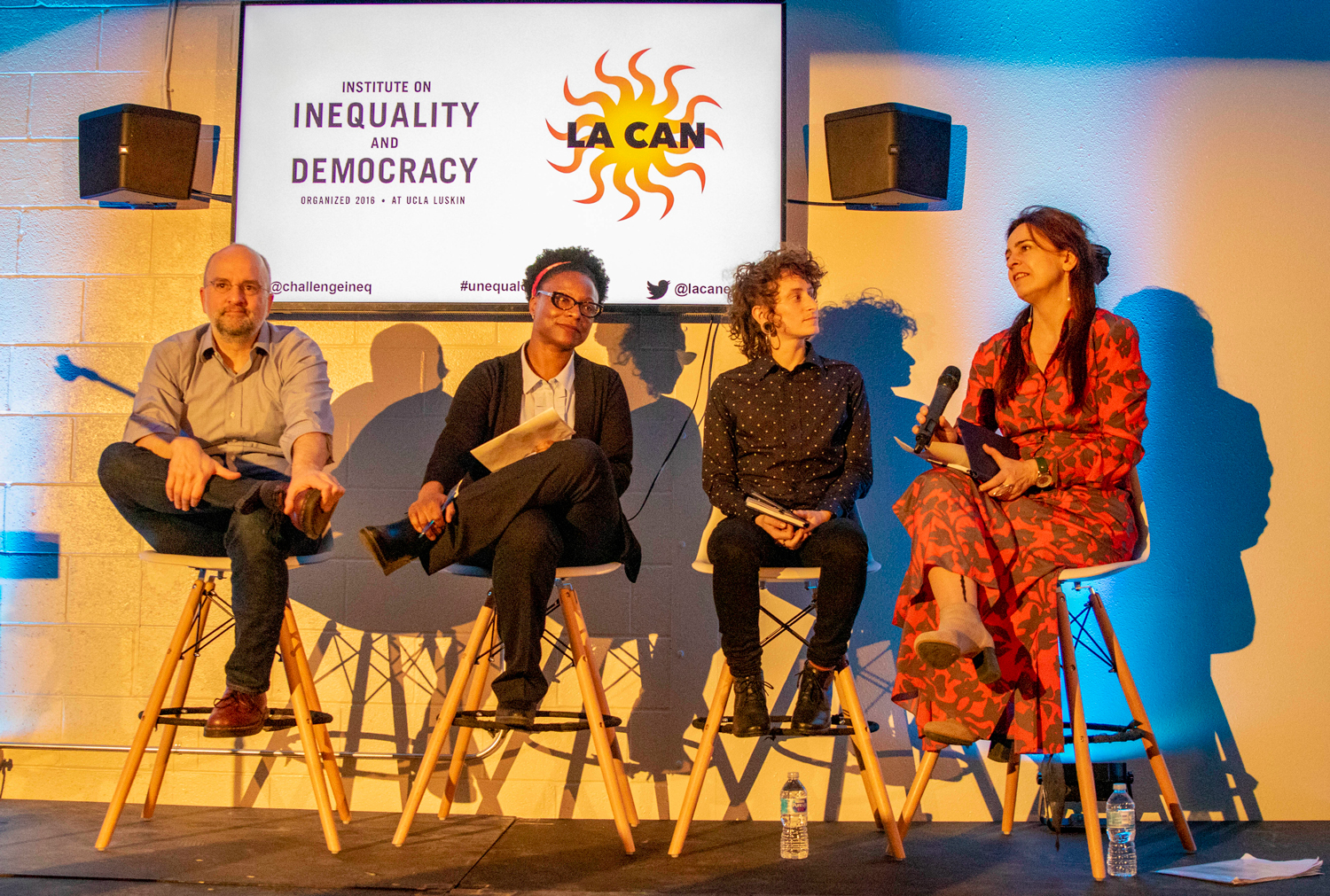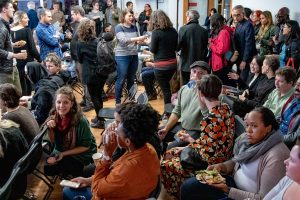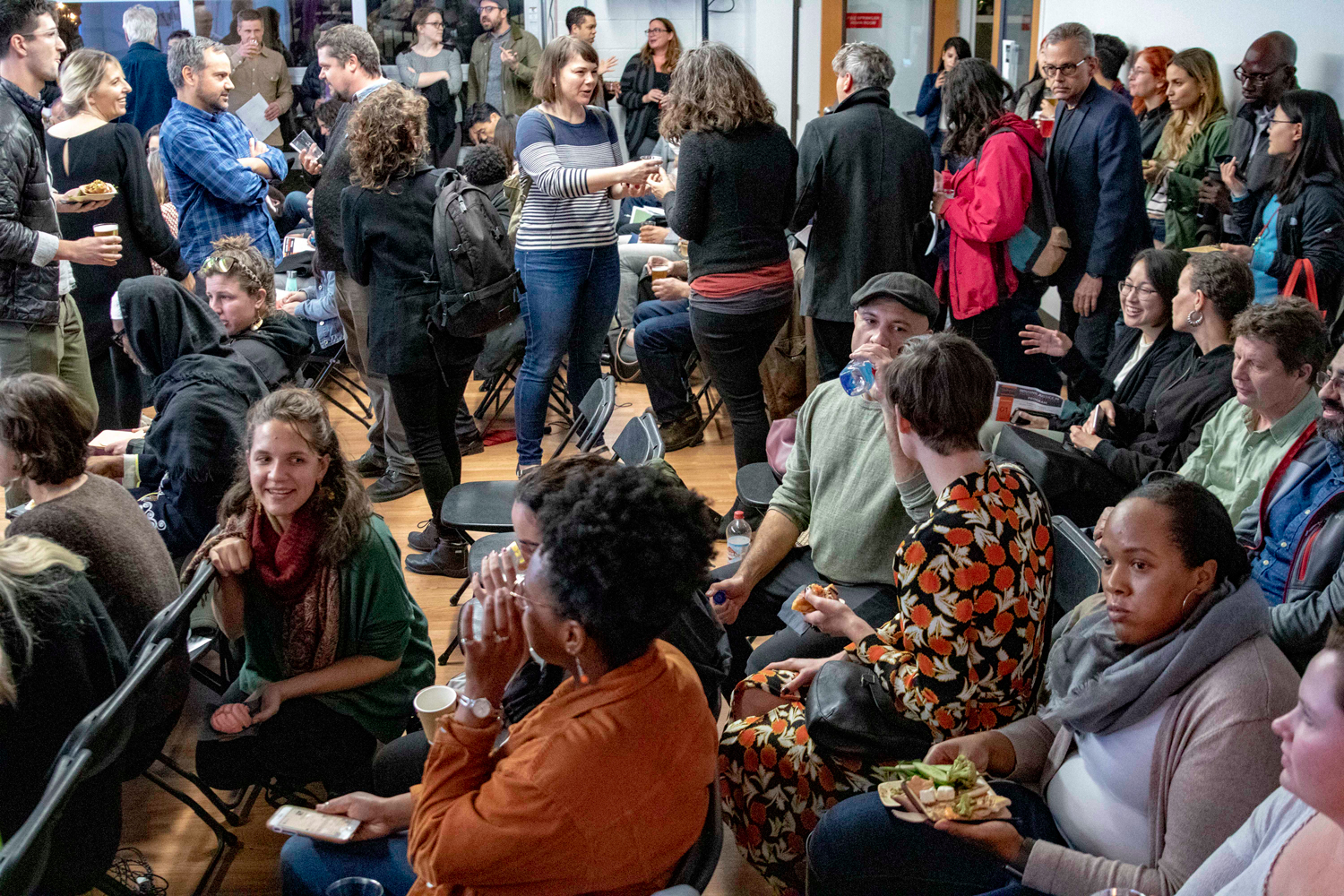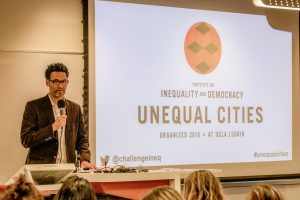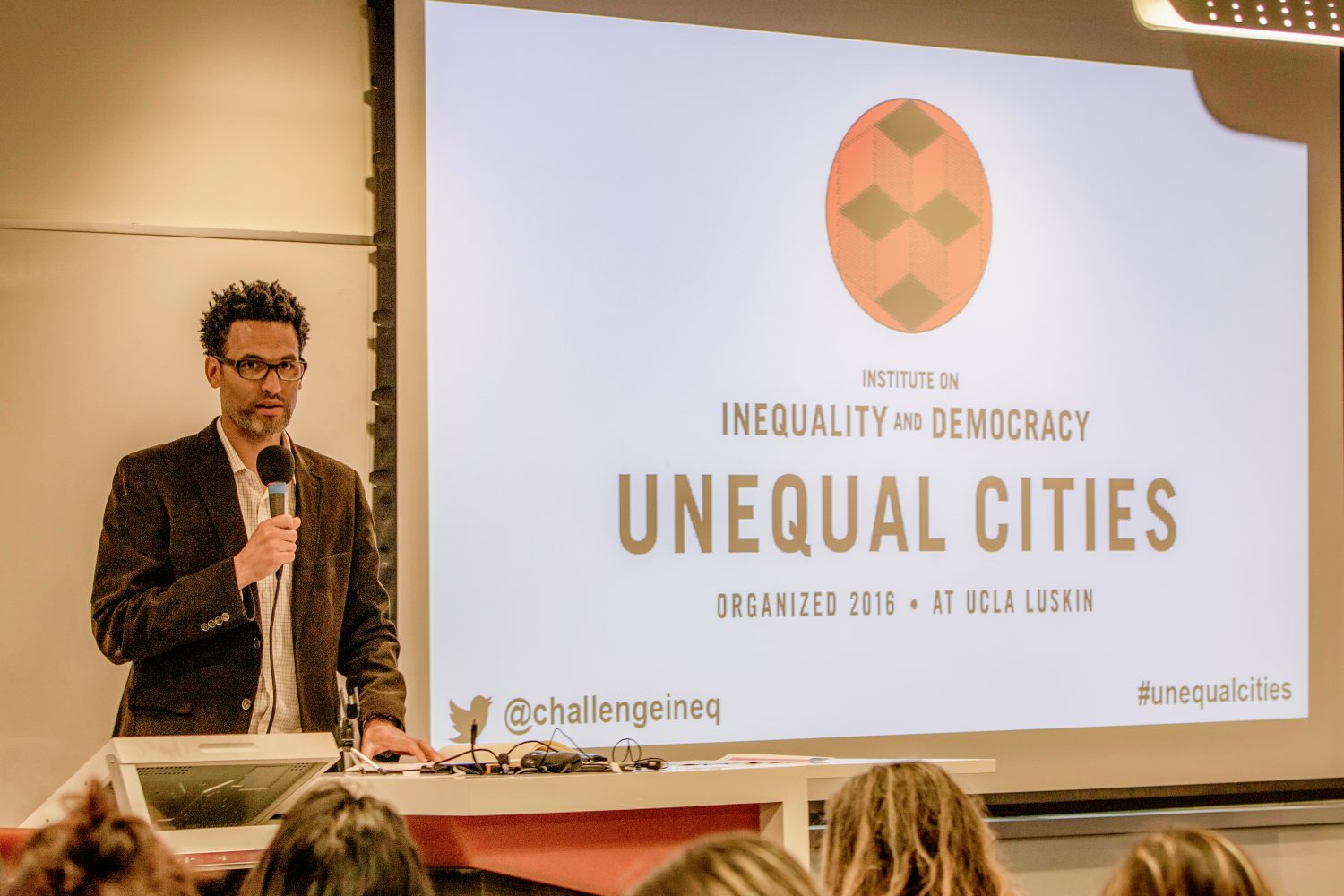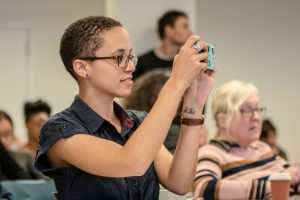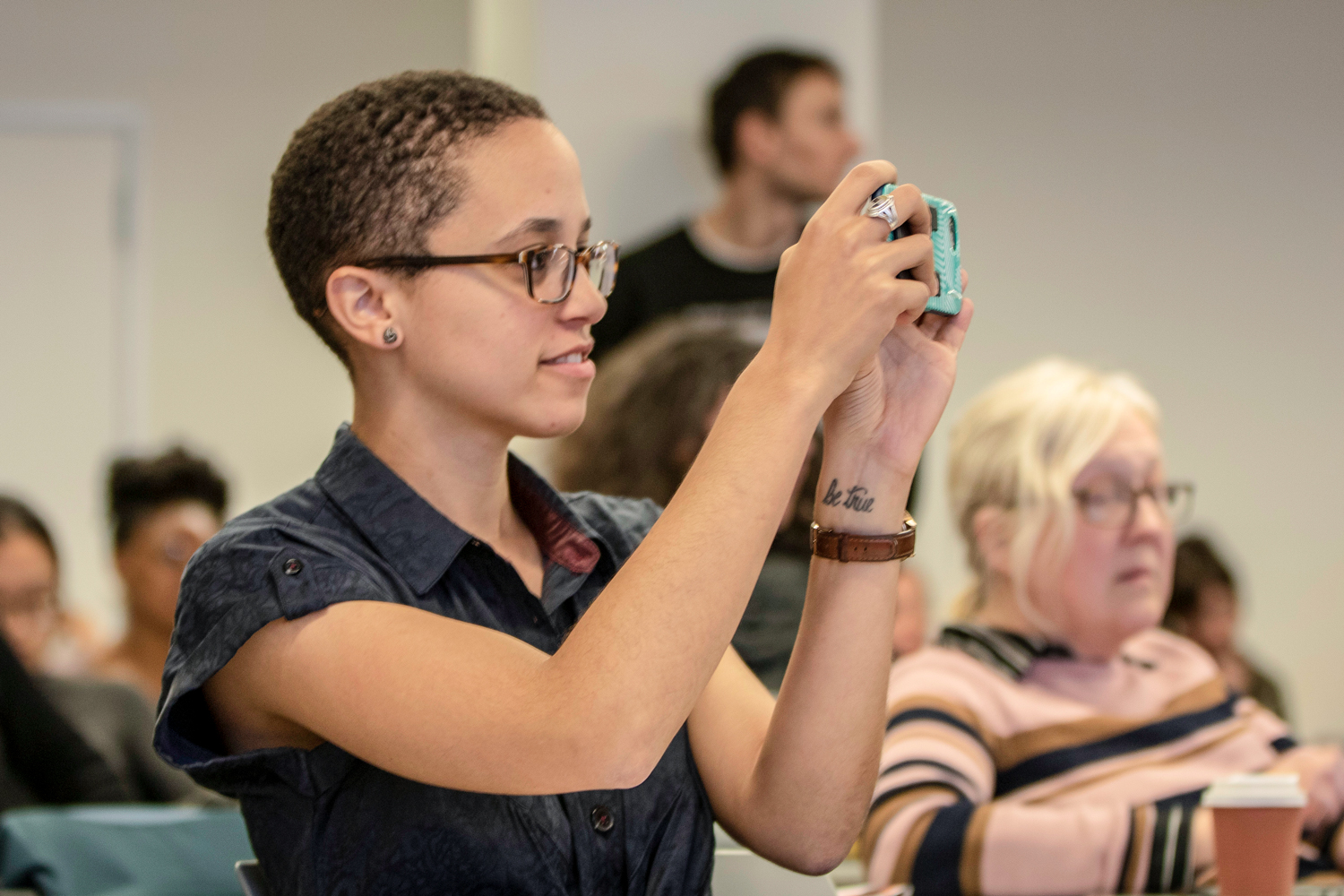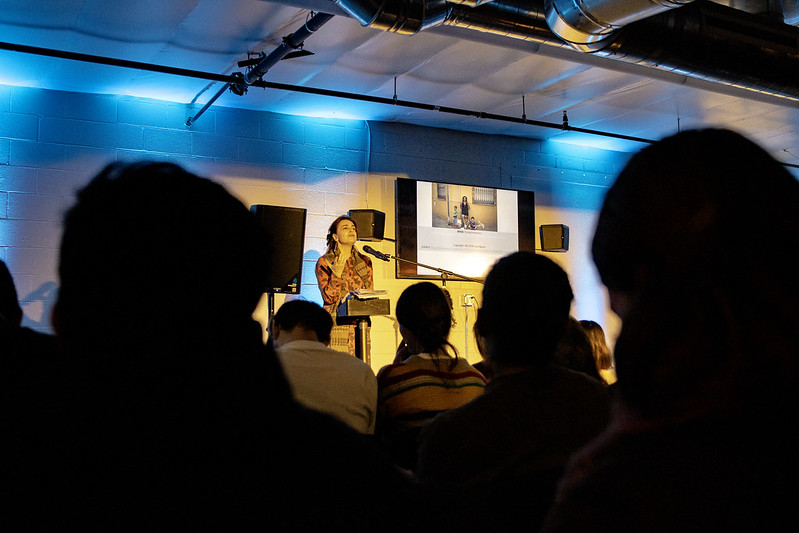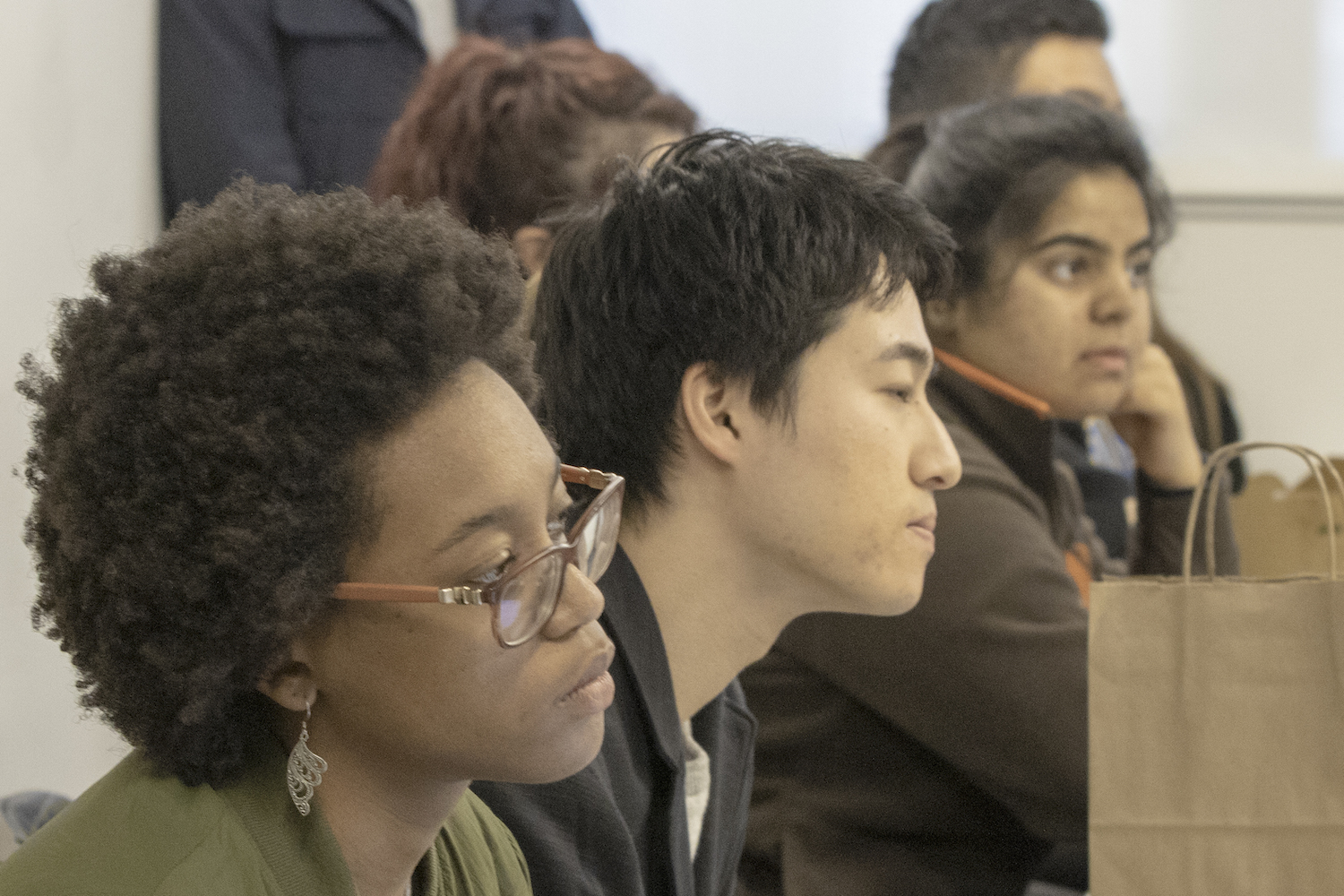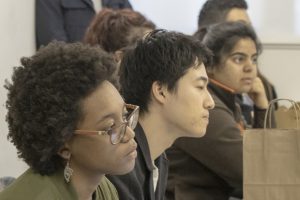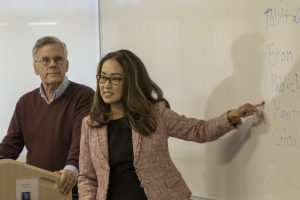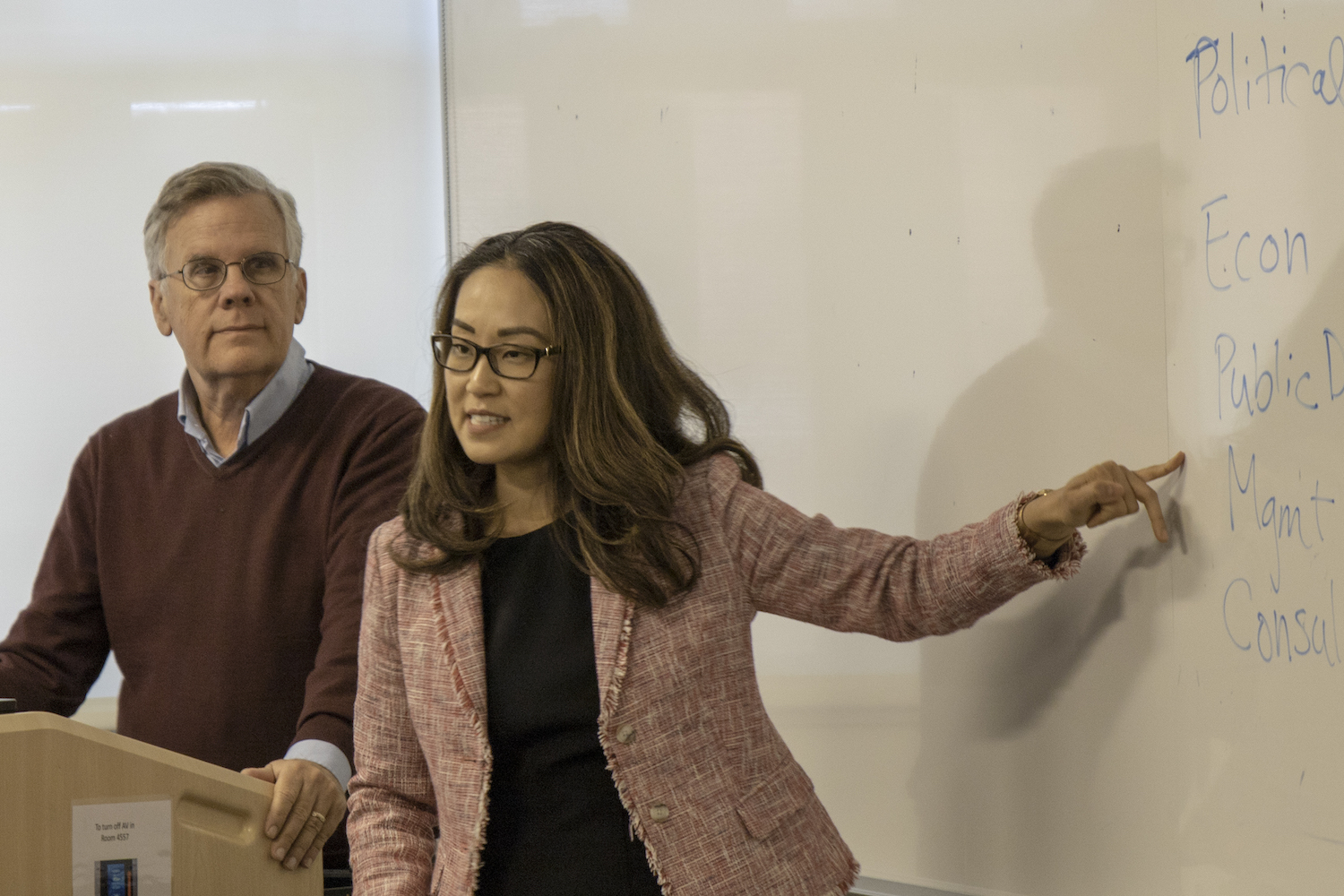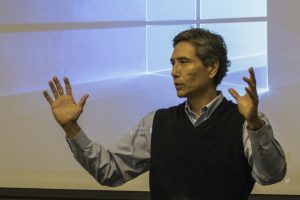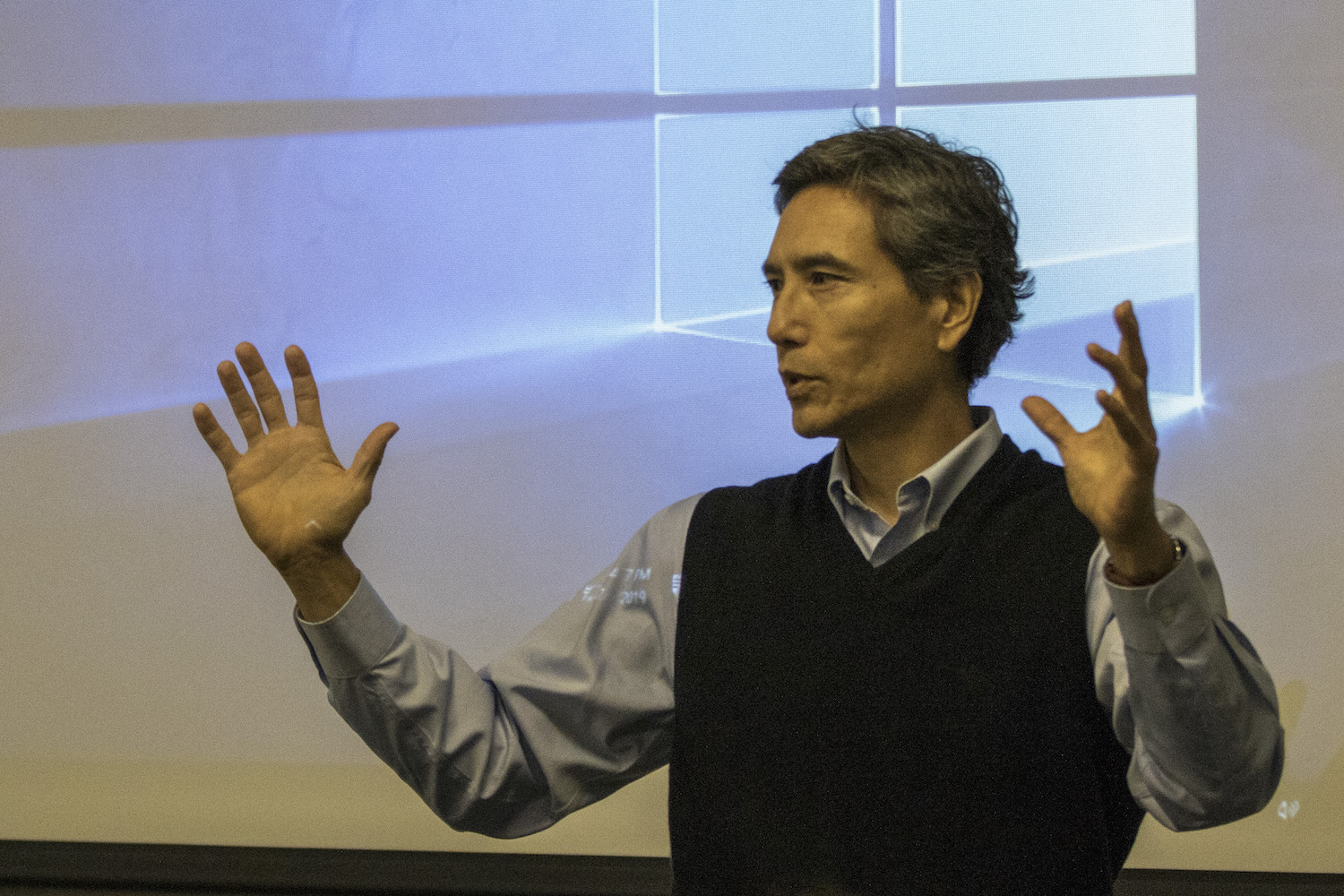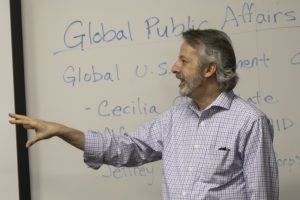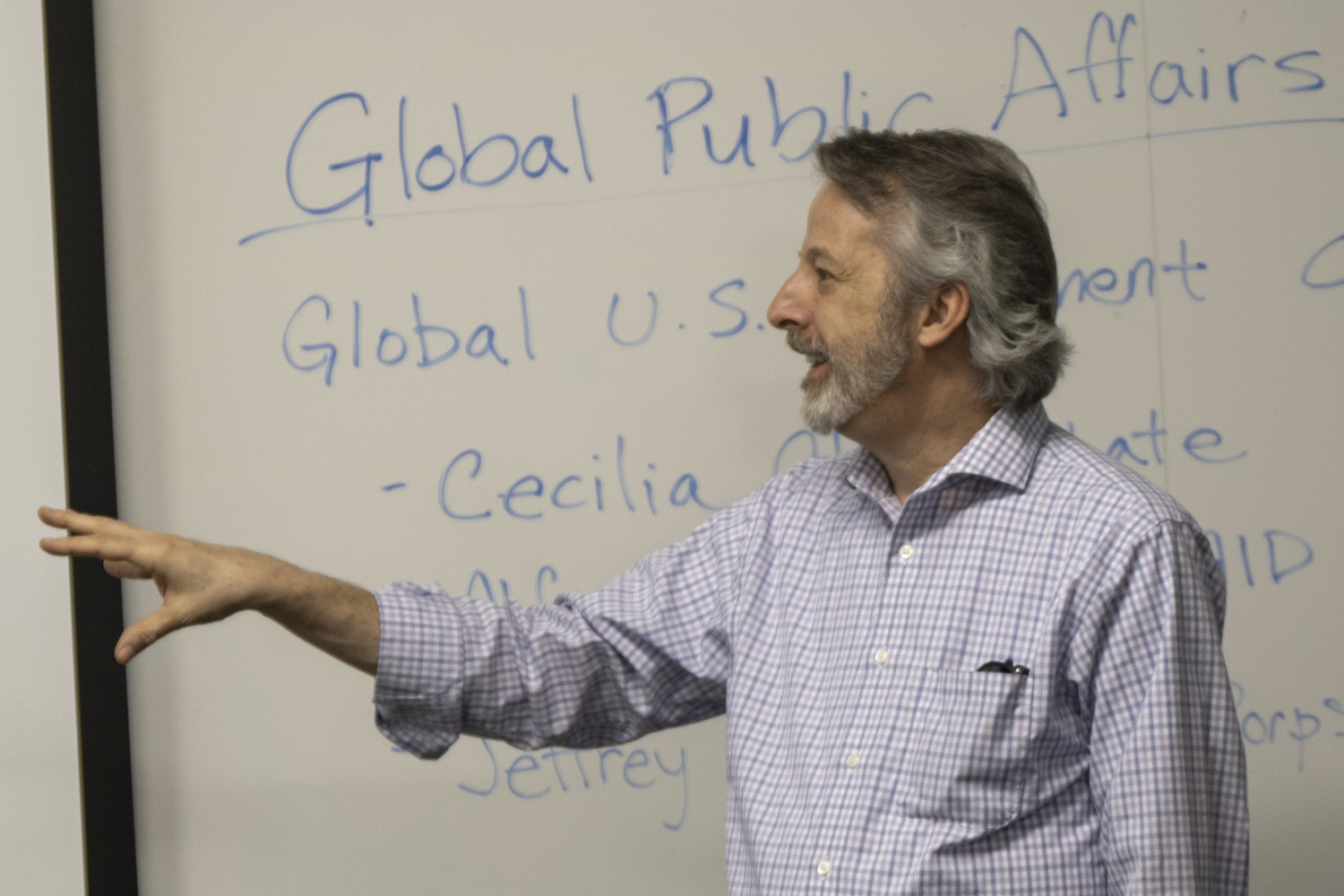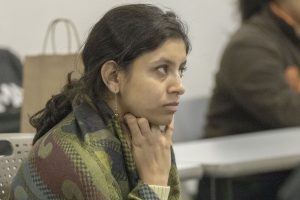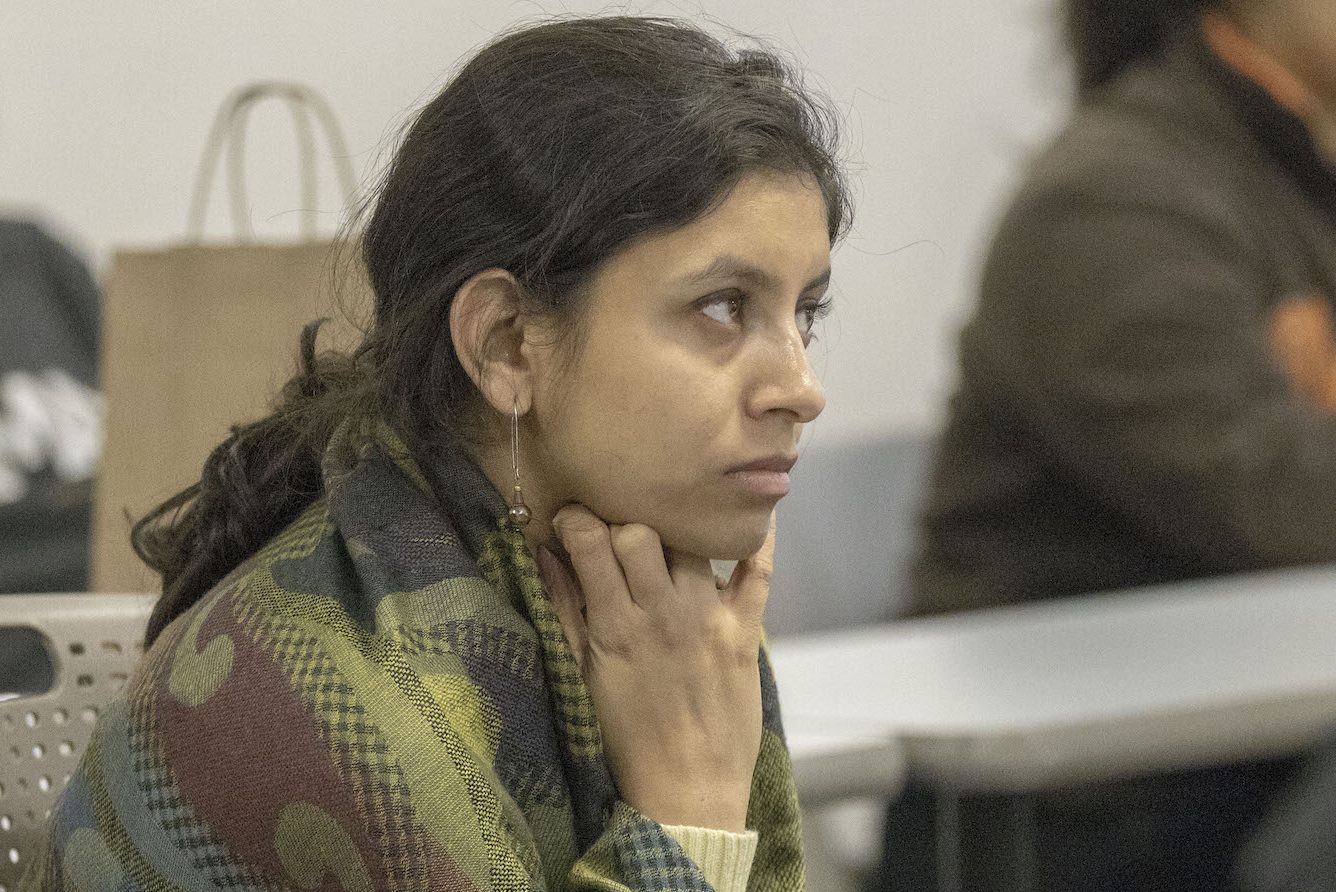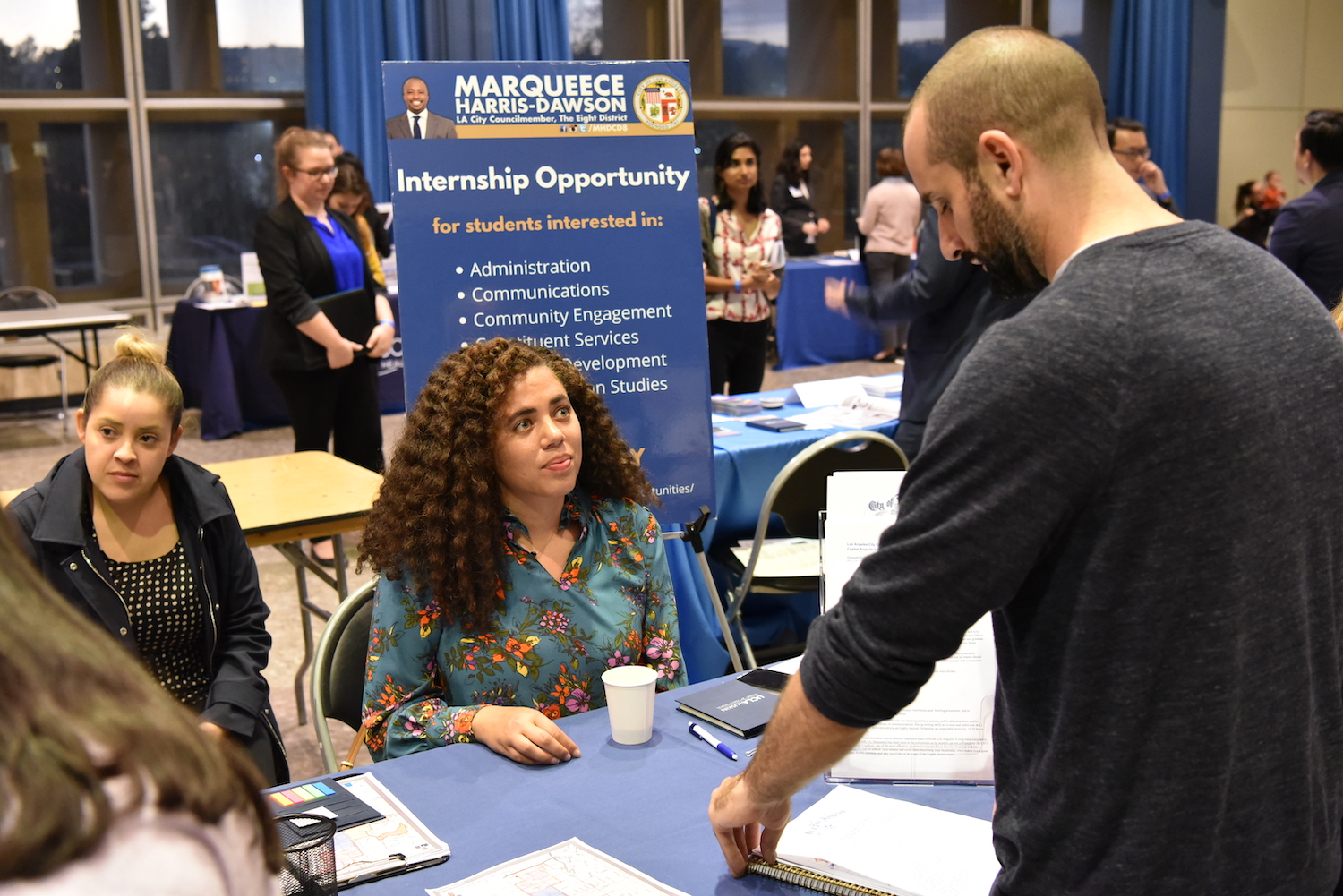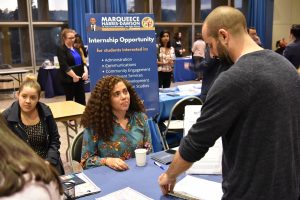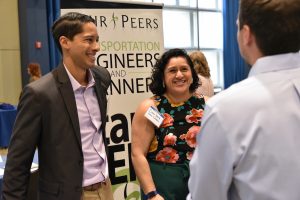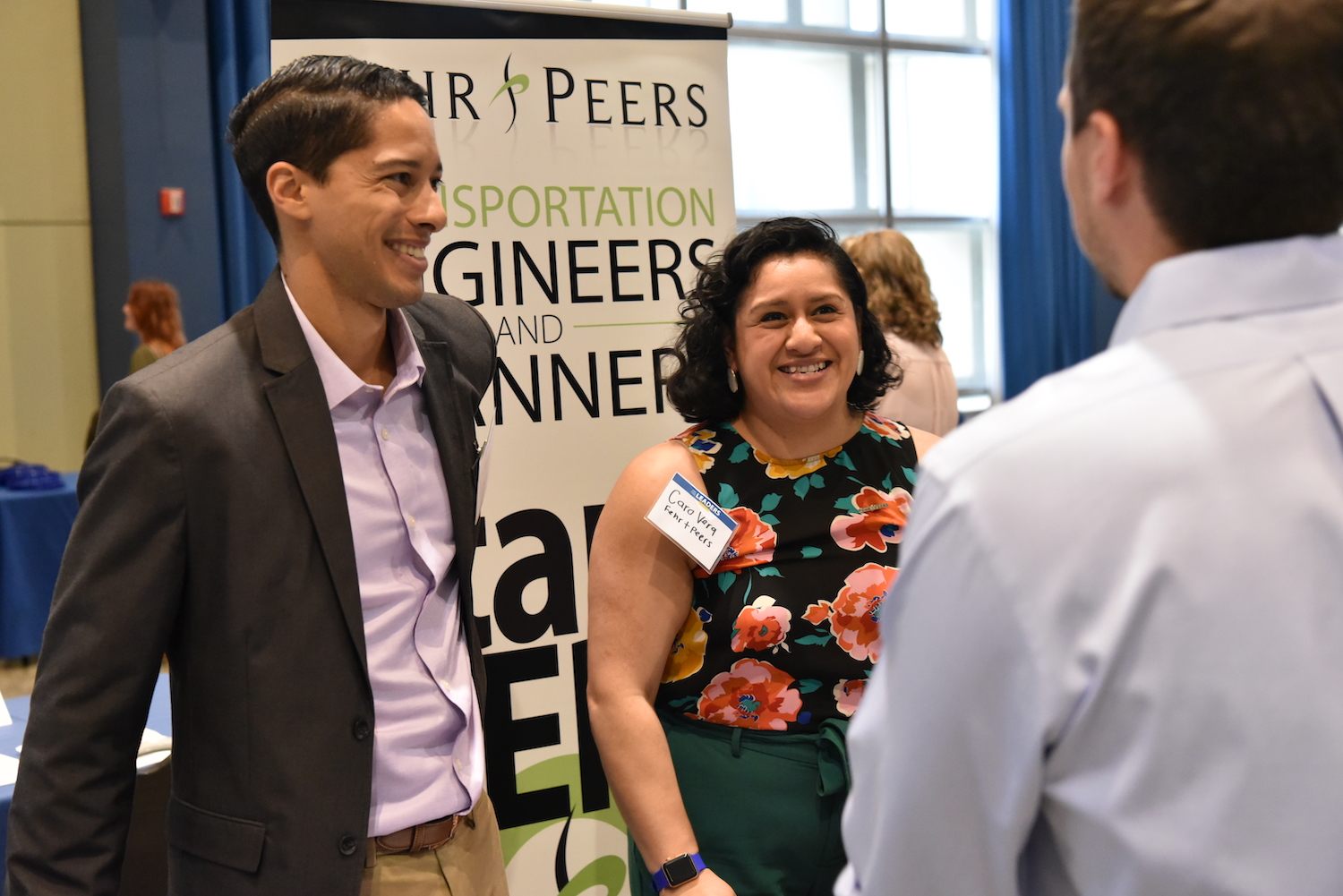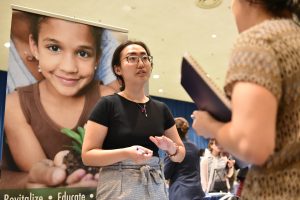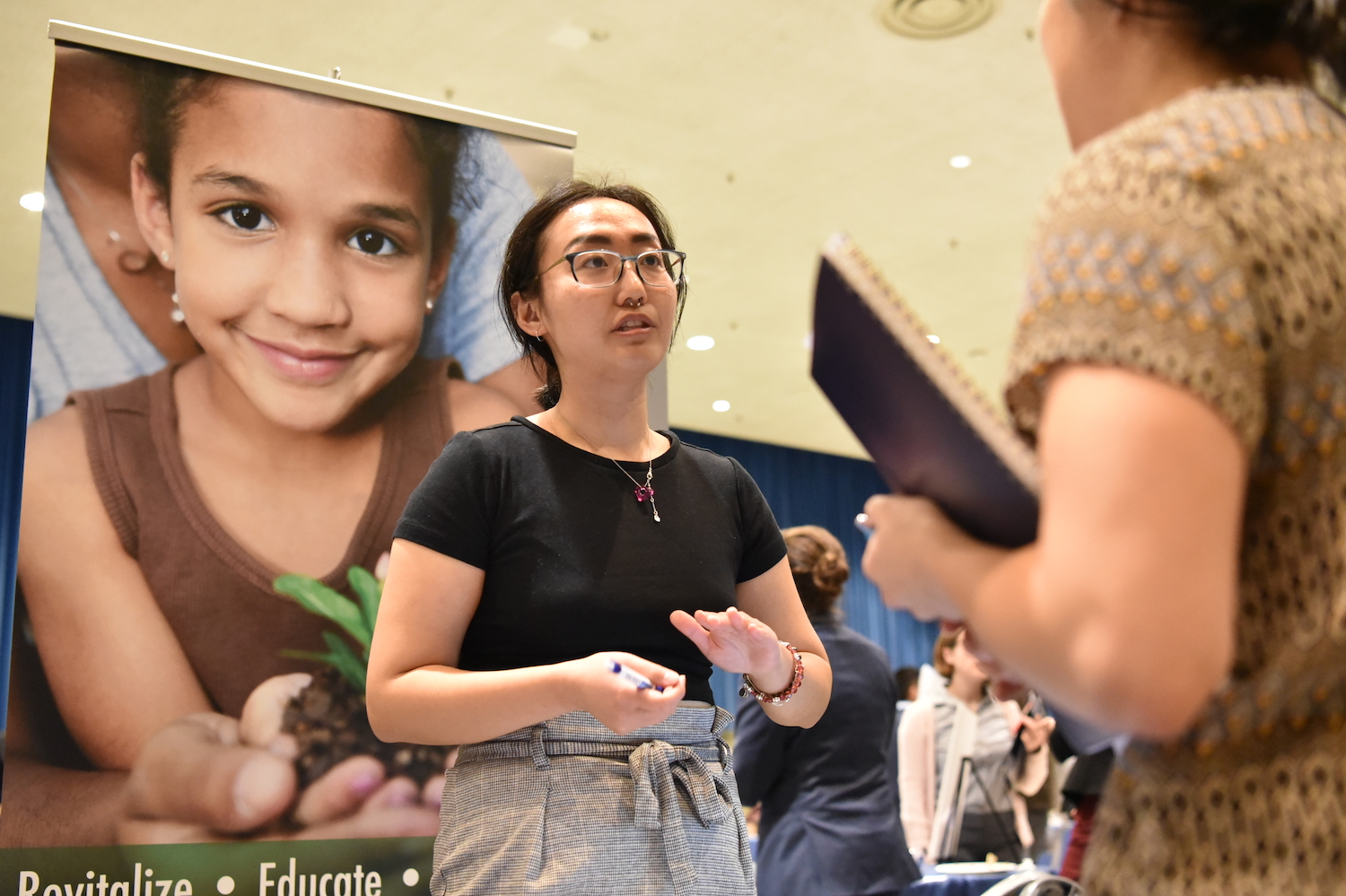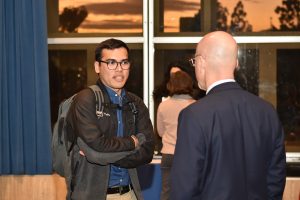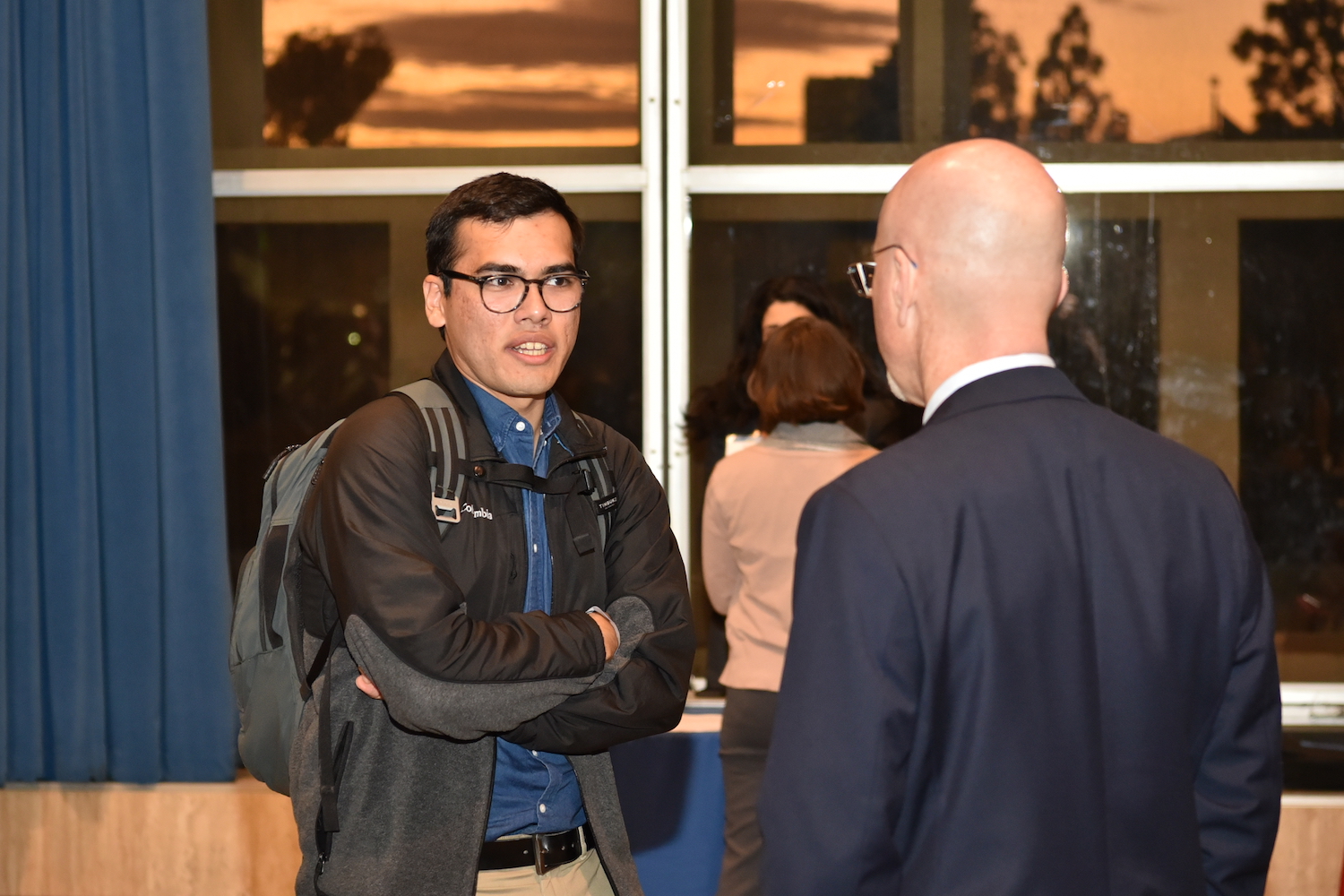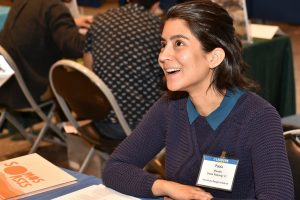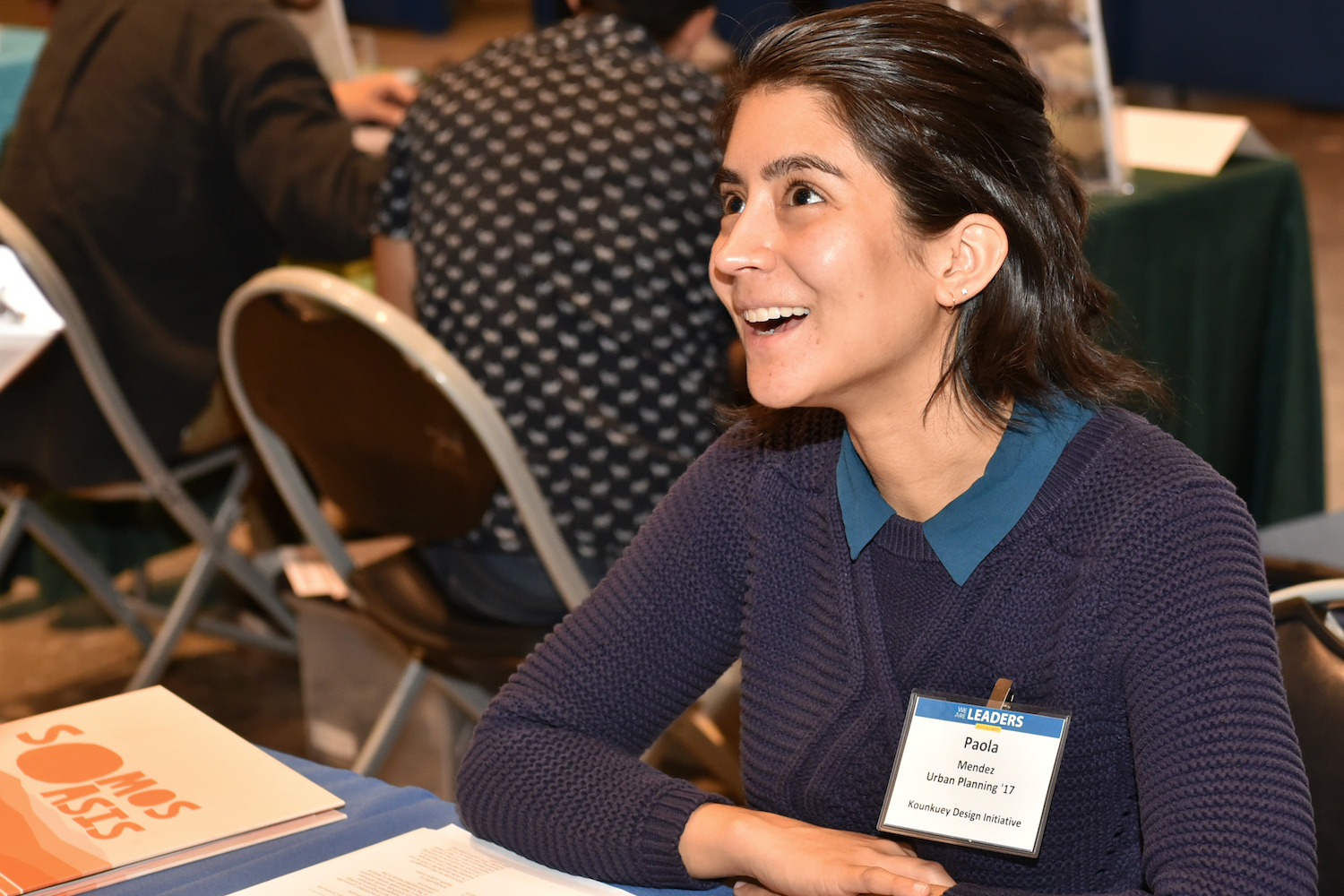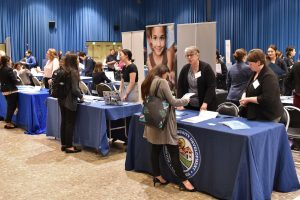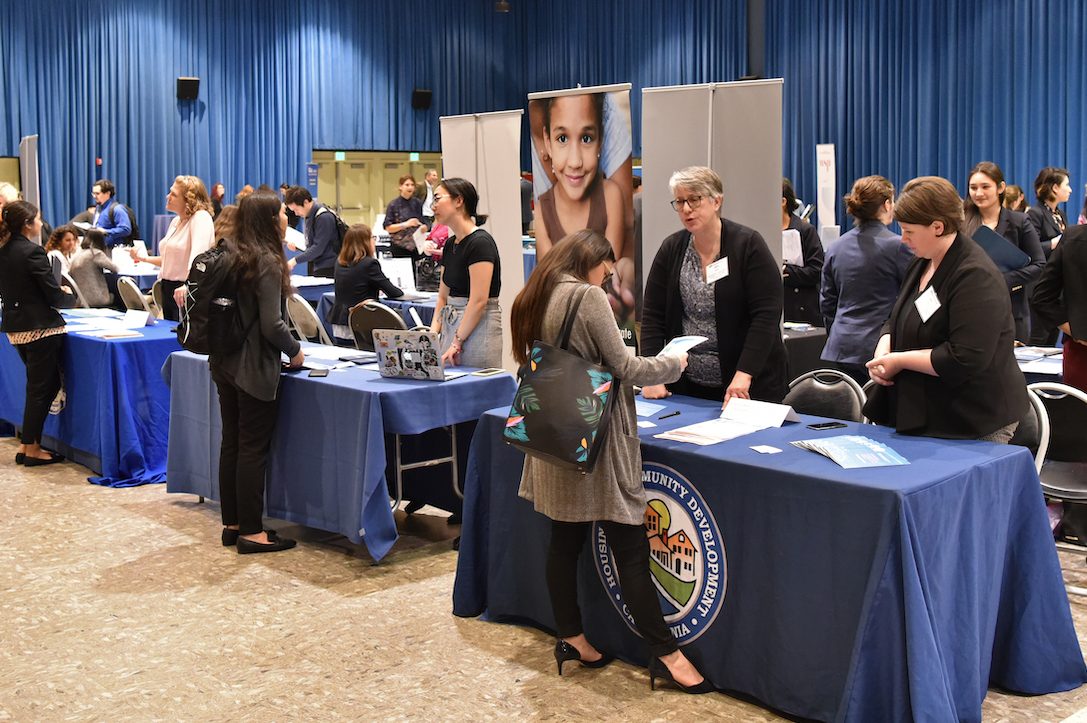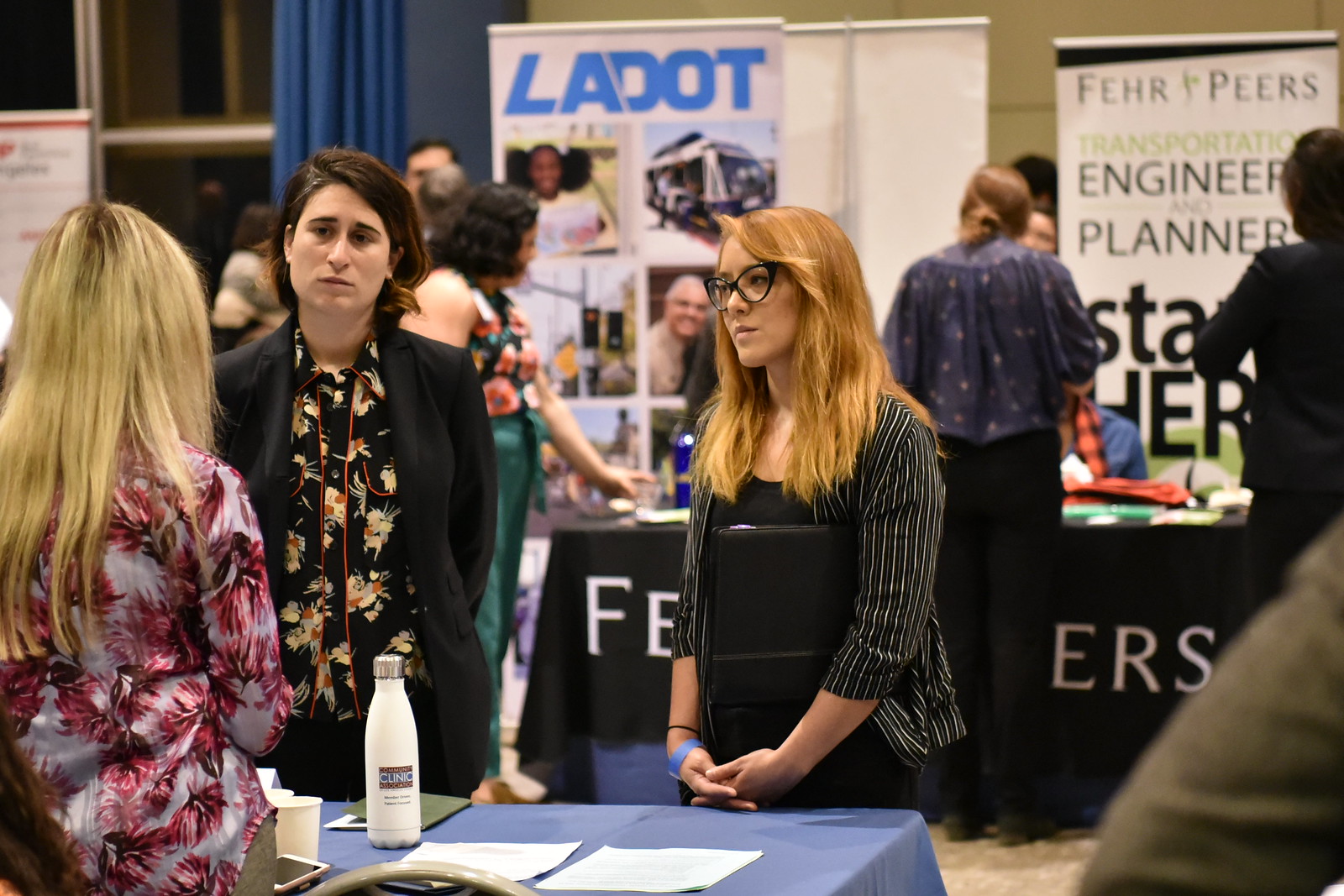Housing Costs Dampen Residents’ Satisfaction With Life in Los Angeles UCLA’s Quality of Life Index finds that renters and younger people are particularly vexed by sky-high prices
By Les Dunseith
The rising cost of housing continues to be the single biggest factor undermining residents’ satisfaction with life in Los Angeles County, according to the fourth annual Quality of Life Index.
The survey, a joint project of the UCLA Luskin School of Public Affairs and The California Endowment, found dissatisfaction with housing affordability to be particularly strong among a group designated by researchers as “struggling,” which includes mostly younger residents, those with household incomes of $60,000 or less per year, renters and people without a college degree. Their housing satisfaction rating of 37 was in contrast to the 48 rating among a group designated as “comfortable,” which includes mostly older homeowners with higher incomes and more education.
The cost of living category is the lowest-rated of any in the survey. More than half of respondents said that what they “pay for housing, mortgages or rents” is the most important factor in their cost of living and the primary reason that satisfaction with cost of living has declined by eight points since the first index was released in 2016.
‘In Los Angeles County, the one thing that everyone seems to agree on is that we are paying too much money just to have a place to live.’ — Zev Yaroslavsky, director of the Los Angeles Initiative at UCLA Luskin
“Since the inception of the report, people have been concerned about their cost of housing, and their level of dissatisfaction just continues to get worse,” said Zev Yaroslavsky, director of the Los Angeles Initiative at UCLA Luskin.
At a rating of 42, cost of living was again the lowest-rated category in the 2019 survey — below education at 49. Transportation and traffic (50) also rated negatively in the survey, which has a midpoint of 55. Three categories fell into a middle tier of satisfaction: the environment (56), jobs and the economy (59), and public safety (60). Survey respondents expressed the most satisfaction in the categories of race relations and neighborhood quality (both 68), and health care (69).
Residents were asked to rate their quality of life on a scale of 10 to 100 in the nine categories and 40 subcategories of the survey. The overall rating this year among all nine issues was 56, the same as 2018 but a decline from 59 in the first two years of the survey. Researchers noted that the overall Quality of Life Index score would have been 60 this year if the rating for housing had simply been .
“In Los Angeles County, the one thing that everyone seems to agree on is that we are paying too much money just to have a place to live,” Yaroslavsky said.
More than half of respondents (57 percent) said they, a close friend or a family member has considered moving from their neighborhood in the last few years because of rising housing costs. This is an increase of 10 percentage points since the question was first asked in 2017. About two-thirds of respondents younger than age 50 said they had considered such a move.
A quarter of all respondents — the same number as in the previous survey — said they or someone they know have worried about becoming homeless in the last few years.
Key transportation findings
In addition to the questions used to develop the Quality of Life Index, the survey asked a number of other questions about important issues facing the Los Angeles region. Several of those questions were on topics of transportation and traffic.
- Half of respondents said they commute longer than 30 minutes a day, a slight increase from 2017.
- Nearly four in 10 people said they use on-demand, shared transportation — such as Uber or Lyft, and Bird or Lime scooters — at least once or twice a month. The number varied widely by age, with just over half of those under age 50 saying they use shared transportation but less than a third over age 50 reporting such usage. Six in 10 of respondents over age 65 have never done so.
- Almost two-thirds (64 percent) of respondents said they oppose charging a fee for use of designated roadways at peak periods of the day, an idea known as congestion pricing that has been touted by proponents as a way to reduce traffic and improve driving speeds on California streets and freeways.
“Even if policymakers who are studying congestion pricing determine that it presents the best hope of reducing the time we are stuck in traffic, it’s clear that officials face an uphill battle in trying to get the public to support it,” Yaroslavsky said.
Key growth and development findings
- Respondents were asked whether they believe that people whose homes were burned in recent wildfires should be allowed to rebuild, and 76 percent said yes.
- Conversely, 73 percent of respondents do not think that construction of new homes should be allowed in areas of Los Angeles County that are identified as being at high risk of wildfires.
- A majority of people surveyed (62 percent) believe that the construction of new apartment buildings should be confined to areas zoned for multiple-family dwellings. Less than a third (29 percent) say apartments should be allowed anywhere, including in single-family zones.
- Respondents are split about the impact of recent building development and growth in their community: 44 percent say they are having a positive impact, but 47 percent say they are having a negative impact.
Yaroslavsky pointed out that respondents’ household incomes have risen over the four years that the index has been conducted. In 2016, for example, 27 percent of respondents reported household incomes under $30,000 a year. By 2019, that income level was reported by 19 percent of respondents. Similarly, the percentage reporting an annual household income of more than $150,000 rose from 9 percent in 2016 to 13 percent in the latest survey.
The 2019 UCLA Luskin Quality of Life Index survey is based on interviews with a random sample of 1,406 county residents from March 1 to 20. Interviews were conducted in both English and Spanish.
The Quality of Life Index was prepared in partnership with the public opinion research firm Fairbank, Maslin, Maullin, Metz & Associates.
The survey results are being released this year to coincide with a research-informed, cross-sector conference about the major issues facing the Los Angeles region known as “Luskin Summit 2019: Livable L.A.” The inaugural Luskin Summit also commemorates the 25th anniversary of UCLA Luskin.
